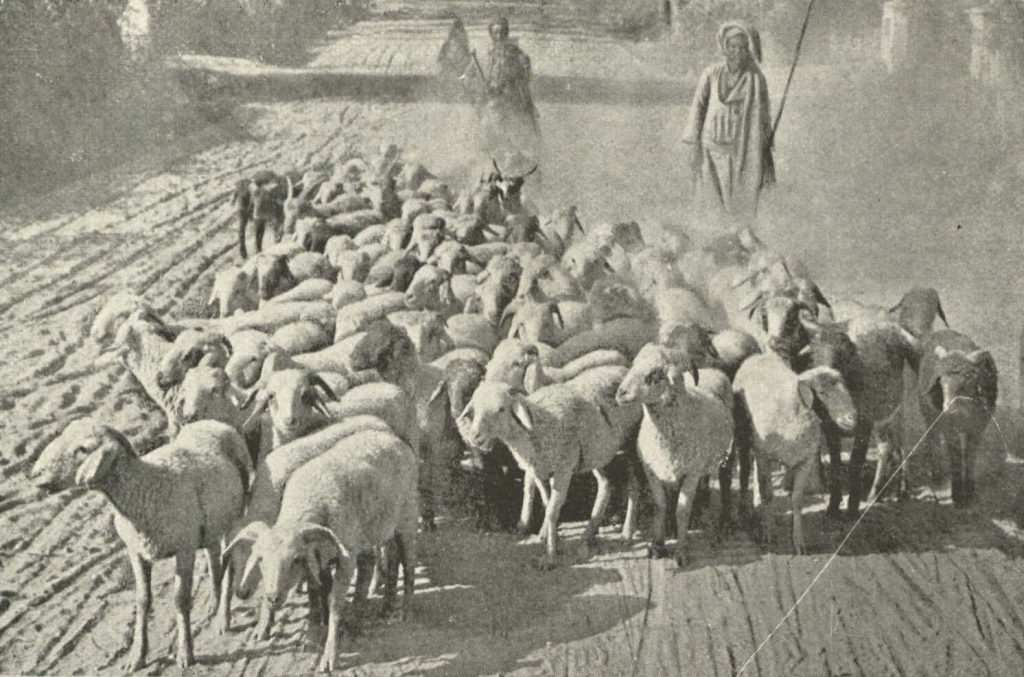
This post is part of the General Conference Odyssey.
Whenever General Conference rolls around, we suspend the ordinary General Conference Odyssey schedule to pay attention to the current conference, and that’s what we did this past weekend as well. There were a lot of great talks from this session, but I don’t really want to go into them in great detail until I can read the text.
Instead, I just want to make a general observation.
During talks by Elders Uchtdorf and Renlund, which touched on themes that tend to be near to the heart of left-leaning Mormons (e.g. love, tolerance, refugees), there was a lot of excitement and enthusiasm. This turned to consternation when Elder Christofferson spoke, however, especially when he pulled from conservative thinkers David Brooks and Ross Douthat. I couldn’t resist joking about that on Facebook, because I knew perfectly well the effect it would have.[ref]Read through the comments if you’re curious.[/ref]
Really, though, my motivation wasn’t so much immature “neener neener” and more genuine excitement. The Douthat article in particular is one of the most important op-eds I’ve ever read, and it has had a really significant impact on my thinking. I was thrilled to hear the ideas from it over the pulpit in General Conference.
This can be dangerous, of course. One of my friends sardonically:
I go into every General Conference with faith that I’ll be provided the authoritative ammo from a commonly accepted authority so I can combat Mormons who disagree with me.
It’s really important to remember that the fundamental role of prophets is to warn. That means, pretty much by definition, that when we like to hear the least is what we need to hear the most.
I had one other thought that I wanted to share when it comes to the supposed Uchtdorf vs. Christofferson divide, and that is that our job as members is to listen to the General Authorities as a body. Of course it doesn’t hurt to have your favorites—the ones who seem to speak directly to you—but the possibility of fandom turning into factionalism is anathema to the unity of the Church.
Or, as I put it in that Facebook conversation:
Trying to convey complicated ideas to a large crowd is like herding sheep, in that you need at least two people coming from opposite sides to keep the sheep inline.
If you have some sheep veering off to the west (I’m trying to avoid left/right), then placing someone over to the west will fix that problem, but it might actually exacerbate the problem of sheep who were already headed off to far to the east. And vice-versa. So what you need is one guy on the west herding in and another guy on the east hearing in and–taken together–you can actually keep your flock together and where they’re supposed to be.
In particular, Christofferson’s talk exists so that people don’t get a little too carried away with their interpretation of Renlund’s, Holland’s, and Uchtdorf’s talk. And Renlund, Holland, and Uchtdorf’s talks exist so that people (like me) don’t get too comfortable with a talk like Christofferson’s.
We need them both.
All in all, I thought it was a great General Conference.
That being said, next week we’re going to be right back on our usual schedule with the October 1975 General Conference.
Thanks for embarking on this odyssey with us!
—
Check out the other posts from the General Conference Odyssey this week and join our Facebook group to follow along!
- The Step 3 General Conference by G
- What Else Matters? by Jan Tolman
- From the simple to the miraculous by Marilyn Nielson